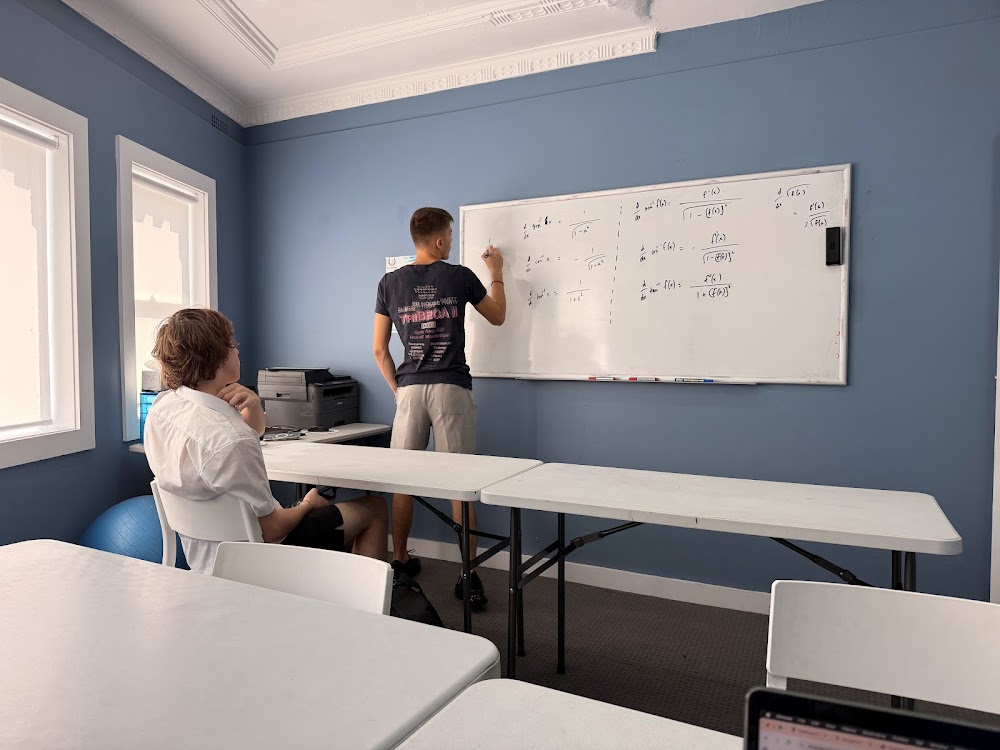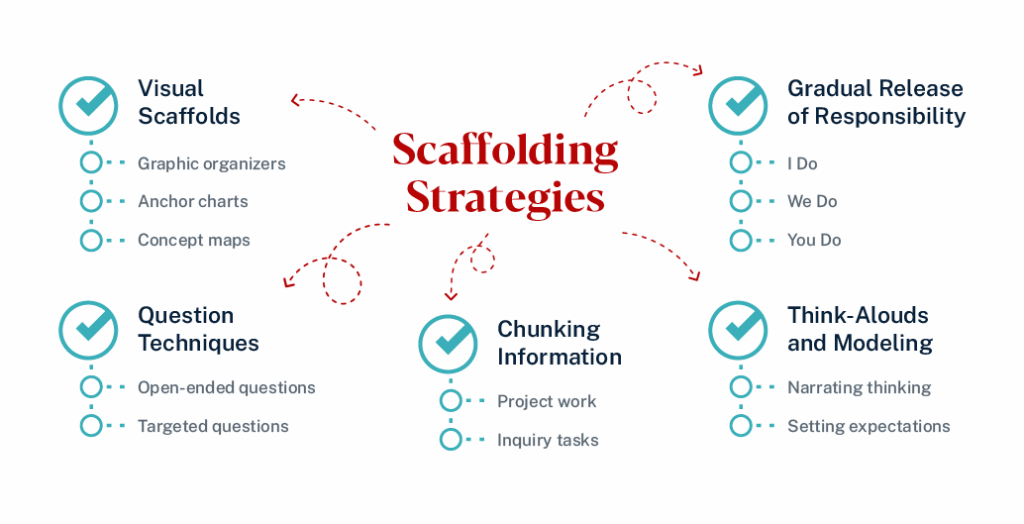
As a tutor, I’ve come to realise that the most important part of my job isn’t explaining content, it’s modelling the kind of learner, thinker, and person my students can look up to.
When a student sits down for a session, they’re not just absorbing information. They’re watching how I approach problems, how I respond to mistakes, and how I speak about challenges. In many ways, tutoring is less about transferring knowledge and more about demonstrating mindset.
Students are incredibly perceptive. If I rush through work impatiently, they feel it. If I dismiss a “simple” question, they remember it. But if I approach every problem with curiosity and calm persistence, that energy becomes contagious. Being a role model means showing that confusion is normal, mistakes are part of growth, and effort matters more than immediate perfection.
I’ve learned that confidence is often borrowed before it’s built. When I tell a student, “You can do this, let’s break it down,” I’m not just offering encouragement. I’m modelling resilience. When I admit, “I used to struggle with this concept too,” I’m modelling vulnerability. Those moments humanise learning. They show students that ability isn’t fixed, it’s developed.
It’s also about integrity and consistency. Turning up prepared, being punctual, and following through on what I promise demonstrates professionalism. Students internalise those behaviours. Over time, they begin to mirror that structure in their own study habits.
Most importantly, being a role model means remembering that students don’t just need academic support — they need someone in their corner. Many young people measure themselves harshly. A tutor has the opportunity to shift that narrative, to reinforce effort over outcome, and to celebrate progress, no matter how small.
Tutoring, at its best, is relational. The content matters, of course. But what lasts longer than formulas or essays is the example we set: how to think critically, how to persist through difficulty, and how to believe in oneself. That influence carries far beyond any single lesson, and that’s the real privilege of being a tutor.
Kassandra Pegios










